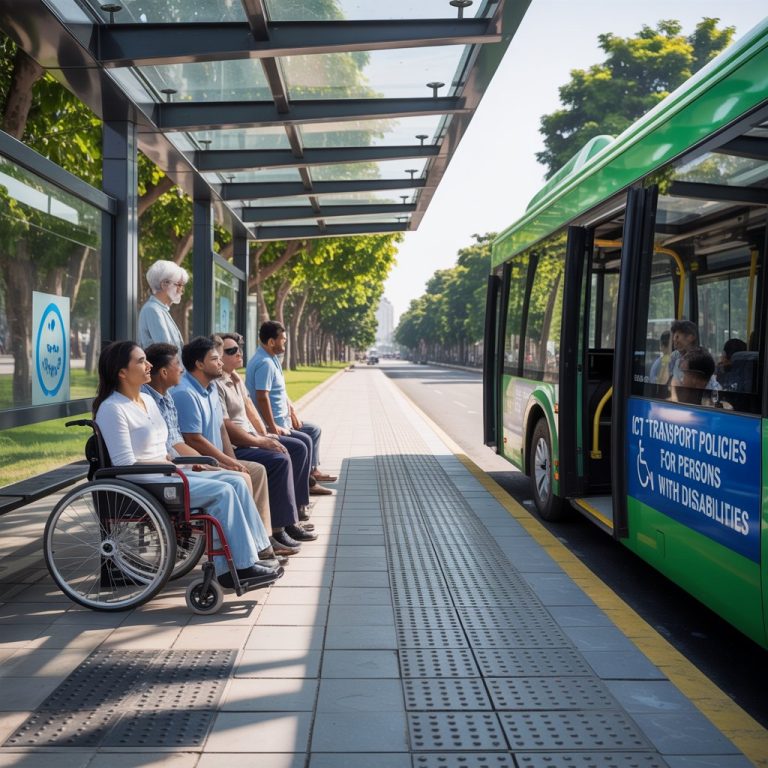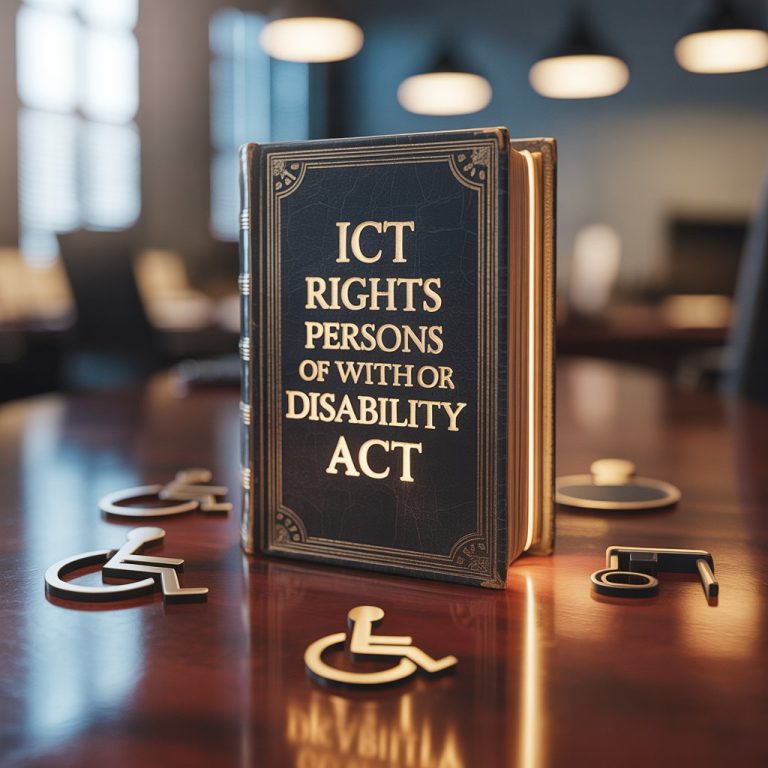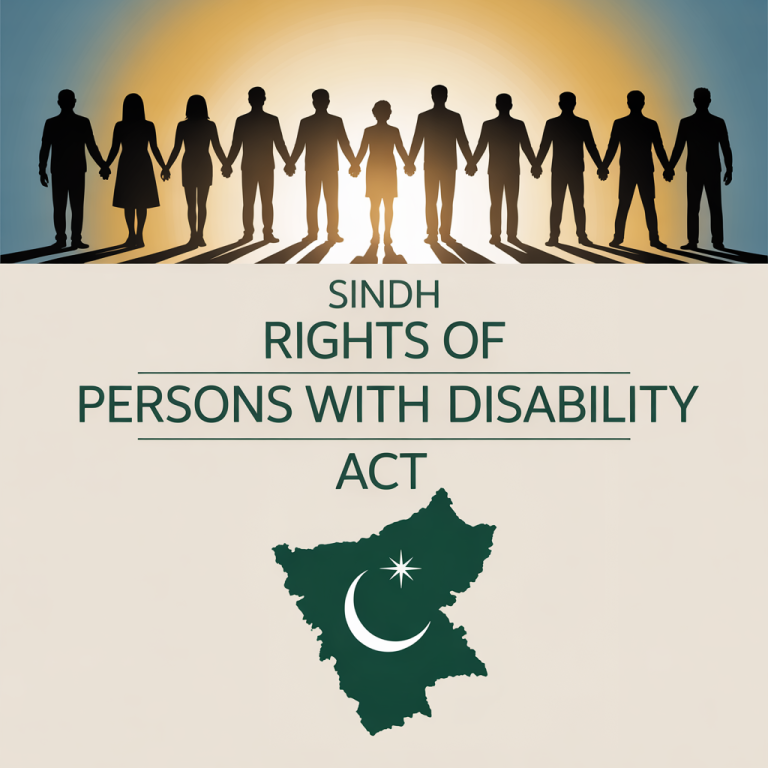UN Convention on the Rights of Persons with Disabilities (UNCRPD)

The UN Convention on the Rights of Persons with Disabilities (UNCRPD) is a landmark international human rights treaty adopted by the United Nations General Assembly on December 13, 2006, and entered into force on May 3, 2008. It marks a significant shift in the treatment and perception of persons with disabilities (PWDs), emphasizing dignity, autonomy, and inclusion over mere medical or charity-based perspectives.
Here is a concise overview based on your search:
Overview of the UNCRPD
The UNCRPD is the first comprehensive human rights treaty of the 21st century and represents a paradigm shift from viewing persons with disabilities as “objects” of charity and medical treatment to “subjects” with rights, capable of making decisions and participating fully in society.
Core Principles of the UNCRPD
The Convention is guided by the following overarching principles:
- Respect for inherent dignity and individual autonomy
- Non-discrimination
- Full and effective participation and inclusion in society
- Respect for difference and acceptance of persons with disabilities as part of human diversity
- Equality of opportunity
- Accessibility
- Equality between men and women
- Respect for the evolving capacities of children with disabilities
Rights and Obligations
The Convention covers a wide range of civil, political, economic, social, and cultural rights. Some of the key rights include:
- Right to education (inclusive education systems)
- Right to health
- Right to work and employment
- Right to accessibility (physical, information, and communication)
- Right to participate in political and public life
- Protection from violence, exploitation, and abuse
- Equal recognition before the law
Implementation and Monitoring
State parties are required to:
- Align national legislation and policies with the CRPD
- Establish frameworks for monitoring implementation, often involving National Human Rights Institutions (NHRIs) and civil society
- Submit regular reports to the Committee on the Rights of Persons with Disabilities
Impact on National Laws and Societies
The CRPD has led many countries to:
- Amend or enact disability rights laws
- Promote inclusive education and employment practices
- Increase accessibility in public infrastructure
- Recognize the legal capacity of persons with disabilities





